The two deaths, scores of arrests and numerous accounts of violence committed by security forces in response to South Africa’s student protests have left the country reeling.
Activists have reflected on the similarities with apartheid-era police brutality, while many students see their struggle for affordable, quality education as a continuation of the long fight for racial and economic justice in South Africa.
On 26 October 2016, thousands of students, academics and supporters from across the Western Cape gathered outside the Houses of Parliament in Cape Town to call for free, decolonised education in South Africa.
“We leave these refugee camps we call townships, only to make it to university to be denied an education,” one student speaker told the crowd.
Within a few hours, a flaming cardboard coffin sporting the name of Blade Nzimande – South Africa’s higher education minister – would be thrown at police officers. Moments later, stun grenades, rubber bullets and rocks dispersed the crowd, continuing the violent standoff between protestors and the South African Police Service (SAPS) that had begun almost one year prior when the initial #FeesMustFall protests gathered momentum.
Amongst other things, students in 2015 were calling for a freeze in university tuition fees, which were scheduled to increase by 10 to 12 per cent in the next academic year.
The discrepancy in these participation rates comes down to money. The impact of the massive economic inequality codified by centuries of white domination can still be felt today. In a country where approximately half of the population lives in poverty, university registration fees of up to R30,000 (around US$2,250) puts higher education out of reach for most South Africans.
Following weeks of protests, in late October 2015 the government agreed to freeze tuition fees for 2016. However, recent proposals to cap fee increases at 8 per cent for 2017 prompted the latest round of protests this October.
Decolonising education
But the protests aren’t just about the cost of education; students are also challenging the type of education they are receiving. They are calling for the decolonisation of South Africa’s universities, for more African-centred theories, more black academics, and the renaming and/or removal of buildings and monuments that centre around colonial and apartheid relics.
The students scored an important victory on 9 April 2015 when a statue of Cecil Rhodes was removed from Rhodes University.
Protestors are also demanding an end to the outsourcing of university workers and for better working conditions for university staff.
As the protests have continued, they have become increasingly violent, and universities have responded with what some are calling ‘militarised security’.
Jane Duncan, a professor of journalism at the University of Johannesburg, offers a number of reasons why this year’s student protests are more violent than in 2015, but the decision of universities to pursue what Duncan calls “securitised approaches” to the protests is identified as key.
And yet many universities stand by their decision to hire private security, which they say was a response to the increasing violence, not the cause.
“A key reason is that we can require private security companies to comply with our rules and protocols, something we cannot demand of SAPS,” says University of Cape Town (UCT) spokesperson Elijah Moholola.
“They are unarmed. Before going on duty, every shift is briefed on UCT’s rules and protocols and in particular, instructed to seek to negotiate resolution of conflict situations, to de-escalate tension, and to use physical restraint or contact only as a last resort.”
Meeting violence with violence has been a circular and worrying ideology for many protestors and police officers. “I don’t believe these vandals [the protestors that have been committing acts of violence] are students,” says Thanduxolo Mngqawa, a student activist and founding member of Inkululeko in Mind, a youth-empowerment organisation based in the Khayelitsha township of Cape Town.
“The students are clear about what they want [free university education], but the state has come back with last year’s strategy: militarising the campus. Policy surrounding the police response to protest needs to change,” says Mngqawa, who was himself injured by police during the recent protests.
“Our struggle is a working class struggle. The black men and women who are working in the SAPS and for these private security companies are victims of a violent system that wants to trap the poor into a fight for the crumbs at the table of the privileged,” she says.
“They too are subject to the humiliation and indignity of this system. We are fighting for them and their children to also walk through the open doors of learning,” says Kalla.
Going forward: plausible demands
Despite the resistance to the students’ demands, the call for fee-free tertiary education is not an impossible one, says political analyst and former Wits lecturer Ayesha Kajee.
“A key requirement would be the political will to make the necessary changes to the tax and budget policy systems, and a paradigm shift in the allocation and monitoring of state expenditure overall. Currently, the levels of mismanagement and corruption within the state are near-kleptocratic,” Kajee tells Equal Times.
Kajee is part of a an informal discussion forum of students, academics, staff and concerned members of the public called October 6, who discuss and take action against violence on South Africa’s university campuses.
On 6 November 2016, UCT signed an agreement with student leaders, granting clemency to protesters and a commitment to decolonise education policies, as long as student leaders cooperate and commit to completion of the academic year.
The state has responded to the recent protests with an interim report into the feasibility of fee-free higher education and training in South Africa. On 3 November, President Zuma issued a sluggish commitment to “study the interim report and give direction on the way forward” by 30 June 2017. Until then, fees are likely to increase by 8 percent in 2017, with government subsidising financially vulnerable students so that they can continue paying 2015 rates.
The students know the battle isn’t over but they are in it for the long-term. For the protestors, this is about trying to secure a better future for generations to come. “History is a continuum,” says Shaeera, “and in South Africa our history is a nightmare from which we are still trying to awake.”
Fuente: https://www.equaltimes.org/south-africa-s-student-protests?lang=en#.WEDA5BJGT_s

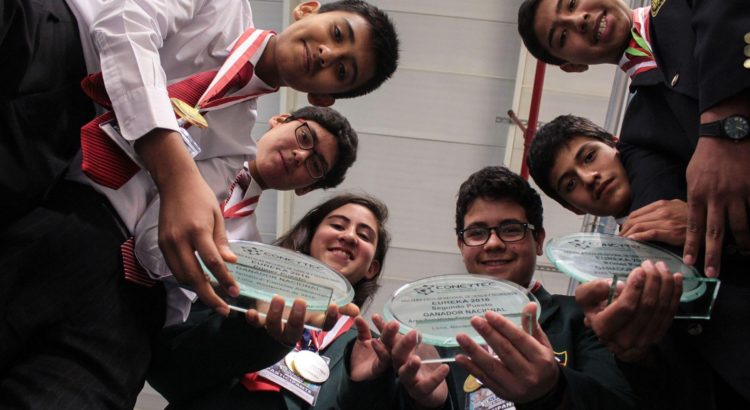
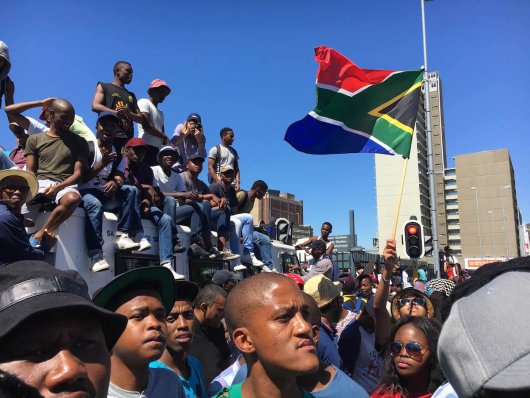

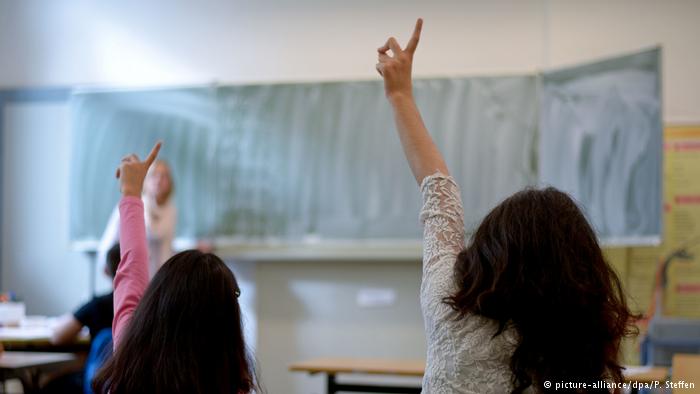
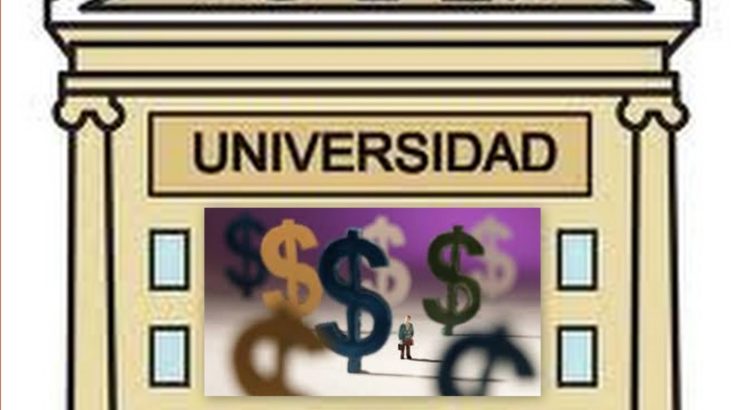
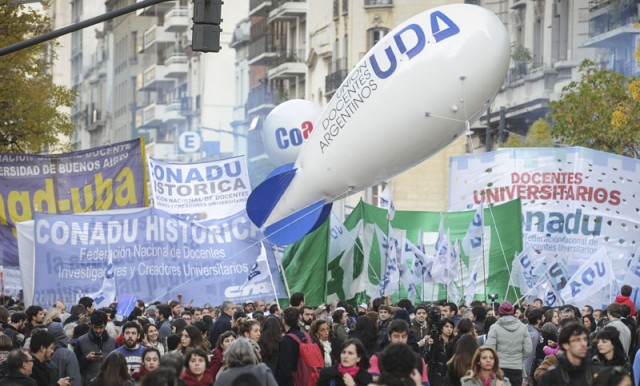





 Users Today : 260
Users Today : 260 Total Users : 35459855
Total Users : 35459855 Views Today : 434
Views Today : 434 Total views : 3418406
Total views : 3418406